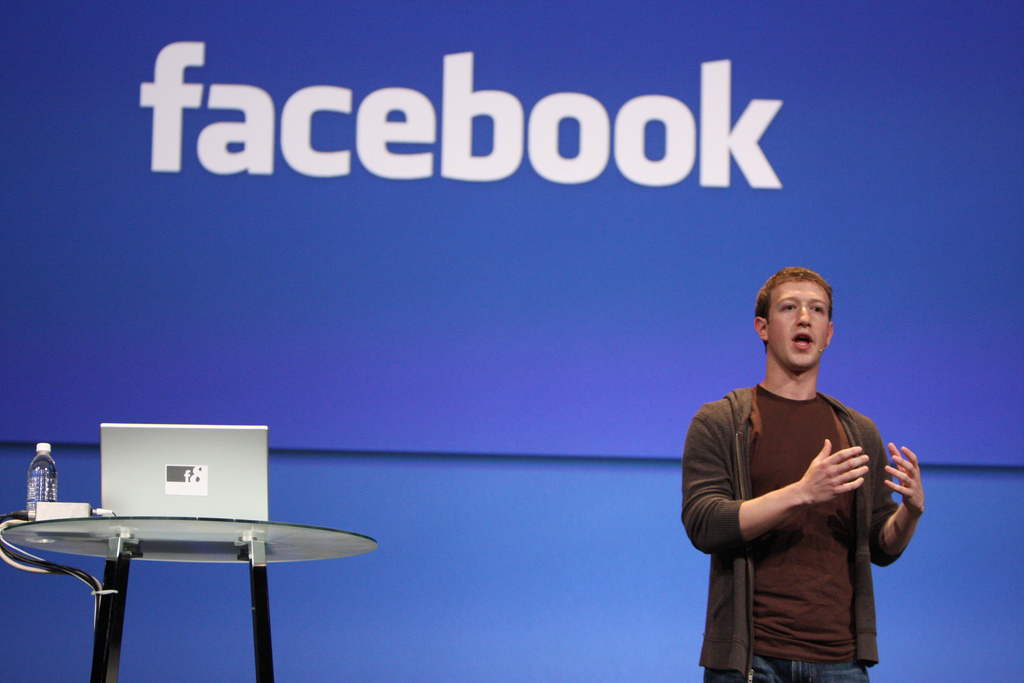Views expressed in opinion columns are the author’s own.
It’s getting harder to pretend the internet is magic. The last few months have made it painfully clear it’s money and machinery. Technology users across the country are examining, possibly for the first time, their relationships with internet service providers and social media companies. The Federal Communications Commission’s repeal of net neutrality and the revelation that Facebook may have allowed Cambridge Analytica to harvest the data of millions of users has shocked tech consumers into a somewhat obvious realization: The internet wasn’t designed solely for their benefit.
But while that realization is certainly overdue, I can understand why it’s been so hard for users to grasp. Computer interfaces are, necessarily, designed to mystify. They can’t afford to hint at their messy construction, because doing so would make the product mind-bogglingly complex to the point of unusability.
When you turn the key in your car, you expect to hear the putter of the engine. Even if you aren’t a mechanical engineer, you probably have some understanding of cylinders and spark plugs. You can also probably imagine how it could propel a car forward, even if you don’t fully understand the intricacies of a transmission.
There’s nothing analogous for a computer. If my computer starts making noises, I assume something’s terribly wrong. As a result, my laptop is a kind of semi-mystical object. I press the “on” button and somehow information courses through a series of logic gates and then undersea fiber optic cables, a server is contacted and the internet apparently flows through the air itself before, finally, thousands of bytes beam directly into my eyeballs. A “Today” host put the question eloquently in 1994: “What is Internet, anyway?”
It’s hard for me to see anything deeply wrong with the internet because, as a reasonably tech-savvy person, I have very little idea how any of this works. That technological cluelessness extends to most other users as well. Even if a user can codes or understands the basics of binary, they probably can’t picture the full scale of internet script and infrastructure. Since the average user can’t understand precisely how they’re being manipulated, they’re powerless to prevent it. Or, at least, they are until well after a massive company helmed by a smirking tech bro with a nonexistent sense of ethics starts giving out their data.
In retrospect, the path that shaped the tech industry into a deregulated, data-mining cesspool seems to have been almost inevitable. Poorly regulated companies took advantage of a massively complex system to hide unethical practices. In other words, they did exactly what everyone should have expected they would do. The current burst in public awareness is remarkable because millions of users are finally understanding that their computers are connecting to something man-made and not entirely benevolent.
Of course, acknowledging the root of the problem isn’t nearly enough. There’s legislation moving through the Maryland House right now that would reinstate net neutrality rules in this state and help protect users’ data from ISPs.
That’s an important first step, but not a solution. We’ve enmeshed ourselves in a wonderful, malicious, revolutionary, intrinsically flawed internet. We need to learn to be less trustworthy of that system in general, and to remember that it is not, in fact, magical. In short, we all need to make a point of asking “What is Internet, anyway?”
Nate Rogers is a freshman physics major. He can be reached at nrogers2@terpmail.umd.edu.



